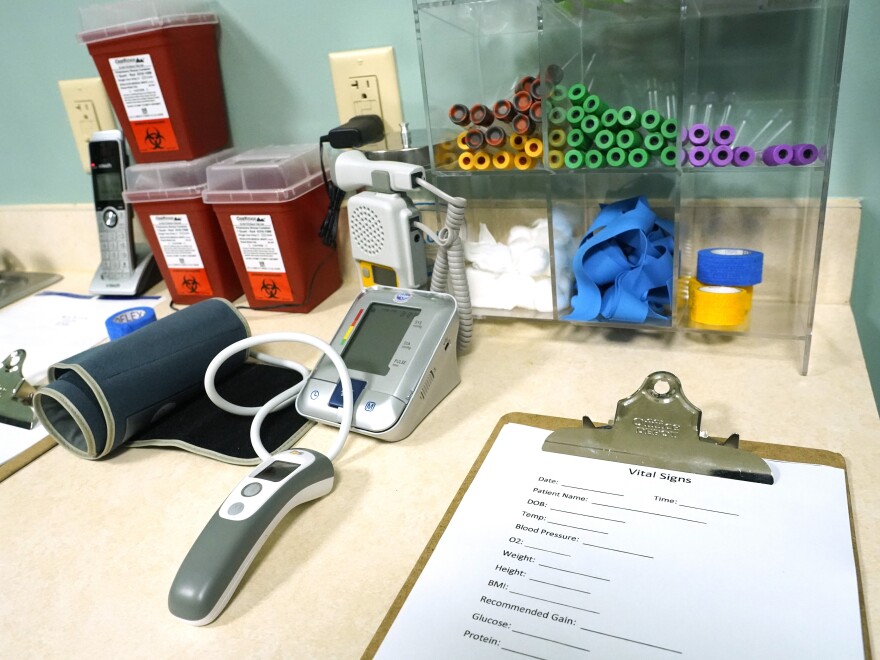Significant changes are coming to how Medicaid is administered. Here in Hawaiʻi, the Department of Human Services is working out the details.
The department expects an increase in paperwork starting in 2027, when the Medicaid provisions kick in. The changes include increasing eligibility checks from once to twice a year and work requirements for most Medicaid patients.
DHS Director Ryan Yamane explained that the department faces a number of challenges and questions.
"What areas we would need to shore up, for example, like all departments who are struggling with vacancies, but where we can shift our human resource capital to address that? Are there also AI or technological solutions that we can implement?” he said.
“In order to even get to that point, we are working very closely with our governor, our congressional team and the Hawaiʻi State Legislature on what these impacts may be. And then we will be seeking funding and support to try to address those needs right away.”
The Department of Human Services makes up about 25% of the state’s budget when you include federal funding. This is largely due to Medicaid expenditures.
About 60% of people on Medicaid in Hawaiʻi are currently working, but it’s not yet clear if they would all meet the hourly requirements in the new law.
When the changes come, DHS will notify those who might lose coverage at least three months in advance.
Med-QUEST, what Medicaid is called in Hawaiʻi, Division Administrator Judy Mohr Peterson emphasized that the department is going to try to verify individuals using the data they already have as much as possible.
“What we want to make sure that our community and the people that we serve know is that we want to be able to ensure that people have access to health insurance and health coverage no matter what form,” she said. “If you do get a letter and you're thinking, well, I don't know why I should do this anyway, because of all these changes — No, no, please do renew.”
In the meantime, they want people to continue to seek care while there aren’t any current changes to their coverage. They also urged people to update their contact information with the department if it has changed.
“If they get letters from DHS or from Med-QUEST, please have them open it and review it,” Yamane said. “ If there's requests for further information in the coming year, please, we are asking people to be cooperative. And if you do make meetings or you have an assigned meeting with one of our workers in any one of DHS divisions, please attend or follow up because that's our way of contacting you and then trying to get as much information so we can ensure that you and your family are covered and supported.”





